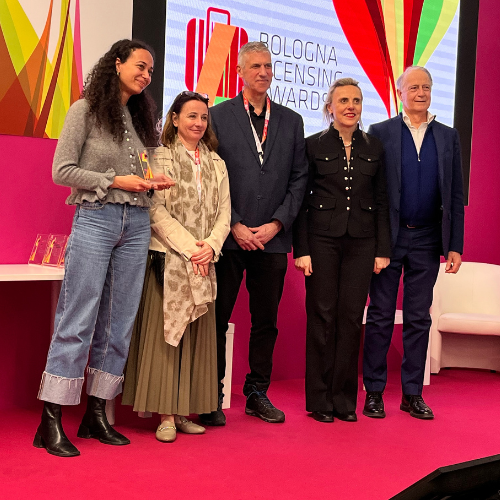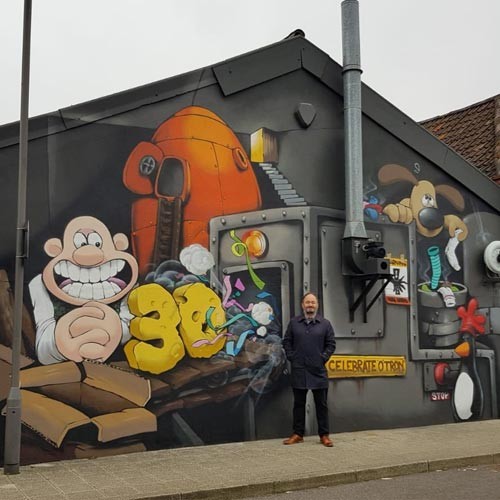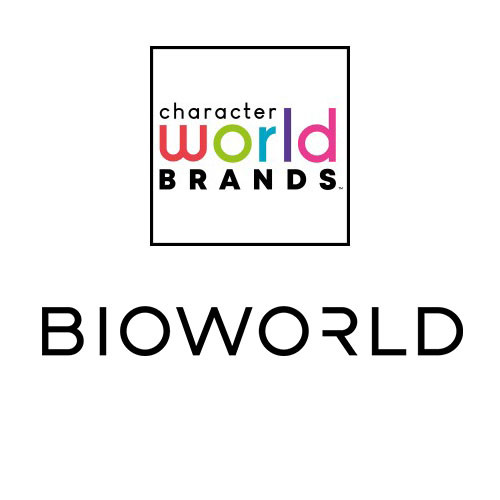Why the next big IP is more likely to come from digital than traditional media forms.
In this increasingly switched on and fast-paced world, the next big IP is more likely to come from digital than traditional media forms. Licensing needs to keep up, and if you don’t you will get left behind.
In Wednesday’s keynote at BLE 2017, License Global’s Steven Ekstract led a panel discussion on the future of licensing, featuring Eric Karp, head of licensing at BuzzFeed, Dan Amos, head of new media at Tinderbox, John Erlandson, co-chief business officer of Authentic Brands Group and Naz Cuevas, co-founder of 212 Degree Strategy Consultancy.
The panel gave insights into how licensing needs to change to keep apace with the ways consumers are engaging with brands and content.
Speed to market
The panel all agreed that one of the biggest changes in licensing is the need for speed. Licensors, licensees and retailers all need to embrace flexibility and speed and perhaps do things a little differently than in the past.
With the latest and greatest IPs just more likely to come from YouTube, Instagram or Netflix than the movies, long gone are the days of 12-18 month lead times. In order to engage with the captive audience everyone needs to think outside the box.
Eric Karp from BuzzFeed gave the example of the success of the Tasty channel’s cookbook as a way of catering to consumers’ needs fast. BuzzFeed was approached in October 2016 by the major publishing houses to produce a cookbook from Tasty recipes, with the lead time of 12 months.
Eric continued: “We decided that was too long to wait, so took it upon ourselves to do a personalised cookbook ourselves. Within three weeks we had set up the platform where users could pick their favourite Tasty recipes to make their own personalised cookbook. We sold 135,000 copies in the first five weeks. In the time it would normally take to sign a licensing contract, we were already at market.”
John Erlandson summed this up pretty well when he said: “Traditional licensing even when it moves fast, it is slow; especially given how fast content evolves. We need to learn to react in different ways.”
Purchase opportunities within content
There’s no doubt the importance of mobile phones in society these days – panellist Naz Cuevas described them as remote controls to our entertainment lives. And there is more and more that we can do on our phones. But the one area with the most potential is the ability to link purchase opportunities with content.
“At the moment you can play a game, watch a show or get a recipe really easily,” says Naz Cuevas. “What we’re lacking is the ability to make a purchase there and then, while you’re consuming that content. Yes, you can buy online via ecommerce sites; that is nothing new, but the future for licensing is in linking content with a purchase. You could be watching your favourite show, or playing your favourite game and seamlessly linked in is the opportunity to buy consumer products linked to that brand.”
Constant refresh of content
We have never had so much choice in content than we do these days. Whether traditional format or on digital formats, the sheer volume of content is mind-boggling. Gen Z still uses a TV, but probably to play games or view YouTube as opposed to watching traditional TV programming. We very much live in a society of ‘right here, right now’. And if we’re going to meet this demand IP owners need to keep refreshing content to keep consumers interested.
Nowhere is this more apparent than in the gaming industry where popular games are constantly refreshed to offer players something new and exciting.
“Video games play a big part in so many people’s lives now,” says Dan Amos from Tinderbox. “Gaming is definitely mainstream and the licensing industry has embraced this. And in order to compete with other entertainment properties, we need to be constantly refreshing the content. And that’s not just within the gaming industry, all IPs need to stay relevant and engaging for the audience.”
Want to read more news like this? Simply sign up to our daily digest by clicking here. You can also follow @LicensingSource on Twitter.





























